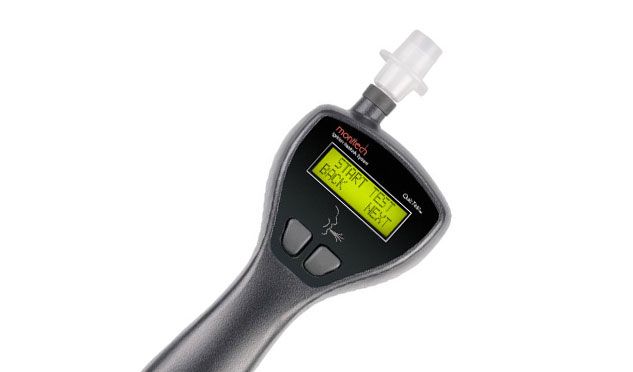If you read the news across the country, it’s clear that the jury’s in regarding ignition interlocks: they work to reduce alcohol-related road deaths. More and more states are mandating the devices for all drunk drivers, including first offenders. Other states are tightening up their laws and regulations so the devices are used more effectively.
An ignition interlock, or car breathalyzer, prevents a vehicle from starting if the driver has been drinking.
No public policy decision is unanimous, and there are those who oppose wider adoption of ignition interlocks even though they are proven to save lives. Here are the most common objections, as well as the facts that undercut them:
Mandatory interlocks limit judicial discretion.
FALSE. It’s true that judges like to have room to decide for themselves how each drunk driving case is handled, and that a mandatory ignition interlock law means that they can’t give a break to an offender. However, this isn’t really a problem, because an ignition interlock is not a particularly severe punishment – it’s just a device that checks if a driver is sober before he or she starts the car. If you’re not in the habit of driving drunk, it’s a small inconvenience at best. And if you are, it’s a crucial protection for others on the road.
Interlocks can be bypassed.
FALSE. You always read claims – the comment section is rife with them – that ignition interlocks are easy to bypass so the user can drive drunk. That’s far from the truth.
Any tampering will be revealed when the data is downloaded, reviewed, and sent to authorities (in most states every month). If the vehicle was started without a test, that will show up and the offender will be in violation. The offender can borrow a vehicle, but the data includes reporting if a vehicle isn’t driven a sufficient number of miles.
Interlocks are too lenient.
FALSE. This is the flip side of the first argument – that drunk drivers should not be driving at all after a conviction. And while this is an understandable position, it poses problems.
- Suspensions don’t work. More than half of suspended drivers drive anyway.
- Many people’s livelihood depends on driving. Forcing someone out of a job, or making them unable to take kids to school, does nothing but wreck lives and increase the offender’s personal problems. If we’re trying to get people to deal with alcohol problems, we shouldn’t ruin their lives first.
Ignition Interlocks: You Can’t Argue With Success
There is a national trend toward adopting ignition interlocks because they have been found to work, and states that aren’t on board yet want to experience the success that early adopters have found. The first year of its interlock law, New Mexico’s alcohol-related road fatality dropped 40 percent. Other states have seen drops – not always as dramatic as New Mexico’s, but impressive. NHTSA and NTSB are on record as supporters of ignition interlocks as a vital protection that saves innocent lives.
If you’re suspicious of ignition interlocks, take a look at the literature, examine the studies, and then get with the program. Lives depend on it.

